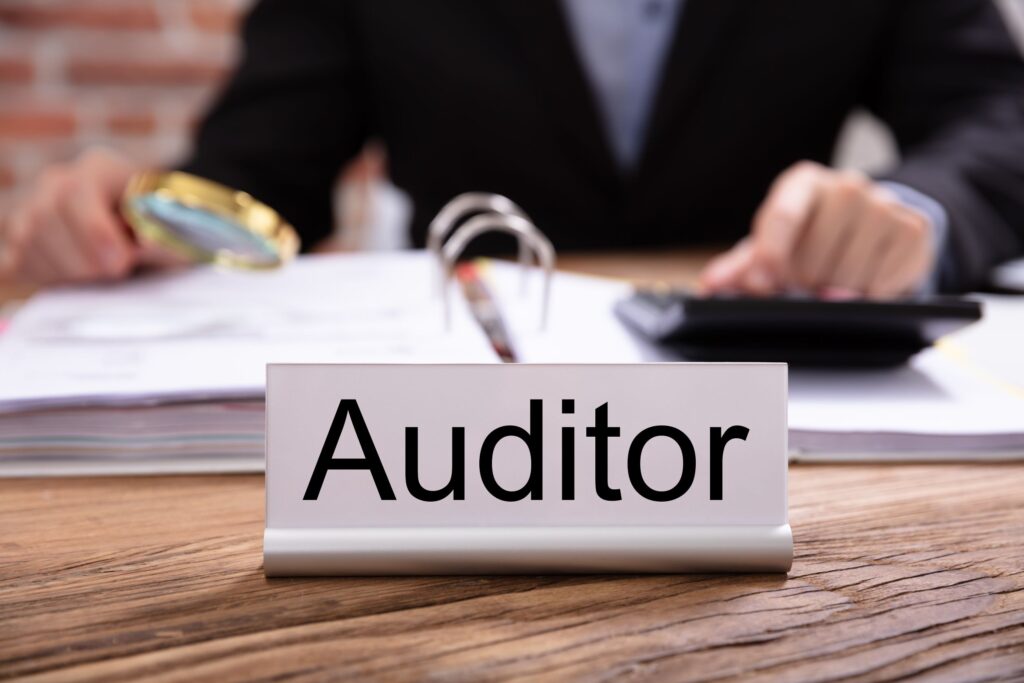5 Essential Things Auditors Need to Know in 2025: Preparing for the Future of Auditing
AI will transform audits, but it’s the auditor’s intuition that will guide it.

The audit profession is evolving rapidly, driven by technological advancements, regulatory changes, and shifting client expectations. By 2025, auditors will encounter a landscape increasingly defined by automation, artificial intelligence (AI), and big data. ESG reporting will also play a significant role. These changes present both challenges and opportunities for auditors who are ready to embrace the future. Here’s a guide. It outlines the five essential things auditors need to know in 2025. These insights will help them stay competitive and succeed in the evolving audit industry.
1. Automation Will Streamline Auditing Tasks – Make It Work for You
As we move toward 2025, automation in auditing will be a game-changer. Routine tasks such as data entry will be increasingly handled by robotic process automation and AI-powered tools. Account reconciliation and testing will also be managed by these technologies. These technologies make audits faster and more accurate. Automation tools will free up auditors to focus on higher-level tasks like risk assessments, fraud detection, and providing strategic insights.
However, automation is not a substitute for auditors; it’s a tool that enhances their capabilities. Auditors will need to understand how to integrate automation effectively into their workflows to maximize its potential. By embracing automation technologies, auditors can increase efficiency, reduce human error, and focus on providing value-added services.
2. Big Data and Data Analytics Are the Future of Auditing
In 2025, big data will be the cornerstone of audits. The traditional approach of sampling data is no longer sufficient. Auditors will need to embrace data analytics tools to analyze entire datasets and uncover trends, anomalies, and potential risks. This shift to data-driven audits creates a more thorough audit process. It is more efficient, giving auditors the ability to provide deeper insights to clients.
With advanced data analytics, auditors can perform predictive analysis. They can identify patterns in financial data. Auditors can even forecast potential risks before they become major issues. To stay ahead, auditors will need to be proficient in data visualization, statistical analysis, and predictive analytics. This proficiency ensures they can interpret vast amounts of data. They will be able to provide valuable business insights.
3. Artificial Intelligence (AI) Will Enhance Auditing, Not Replace It
While artificial intelligence is revolutionizing the audit process, it’s not about replacing auditors, it’s about enhancing their abilities. AI will empower auditors to analyze large volumes of data quickly and spot irregularities, fraud, and financial risks. Machine learning algorithms will help auditors process complex data and make data-driven decisions faster and more accurately.
However, AI lacks the contextual understanding that human auditors bring to the table. Auditors will still need to apply professional judgment, ensuring the AI’s findings are accurate and relevant. In 2025, auditors who can blend AI tools with their own expertise will streamline their work. They will offer higher-value services to clients.
4. ESG Reporting Will Be a Core Component of Audits
Investors, regulators, and consumers increasingly demand more transparency around ESG issues. As a result, ESG reporting will be a central part of auditing by 2025. Companies will need to demonstrate their sustainability efforts, diversity practices, and governance policies with greater accountability. Auditors will play a key role in verifying that these ESG claims are accurate and in line with regulations.
In the coming years, auditors will be expected to assess sustainability reports. They will verify ESG metrics. Auditors must ensure compliance with evolving ESG regulations. This shift will require auditors to develop expertise in ESG reporting frameworks and regulatory standards. By 2025, auditors will not only be conducting financial audits. They will also need to evaluate the credibility of ESG disclosures. This ensures companies are held accountable for their environmental and social impact.
5. Soft Skills Will Be Just as Important as Technical Skills
While technical proficiency remains crucial for auditors, soft skills will become even more vital in 2025. The role of the auditor will continue to evolve from a compliance checker to a trusted advisor. As auditors help clients navigate complex financial data, they need to communicate their findings clearly. They must provide actionable insights that guide decision-making.
In addition to strong communication, skills such as critical thinking, problem-solving, and empathy will be essential. Auditors who build strong client relationships and explain complex issues in simple terms will add the most value. Those who offer strategic advice also provide significant contributions. By developing soft skills, auditors can enhance their role as a strategic business partner, not just a technical expert.
Preparing for the Future of Auditing
The future of auditing is being shaped by technology, data, and evolving client expectations. By 2025, automation, AI, data analytics, and ESG reporting will define the audit profession. Auditors who effectively leverage these tools will thrive. Additionally, those who refine their soft skills will be well-positioned in this new era.
To stay competitive in 2025, auditors must be adaptable. They should engage in continuous learning. Auditors need to be ready to embrace the technological changes transforming the profession. By investing in automation skills, data analytics knowledge, and ESG reporting expertise, auditors can provide greater value to clients. They also ensure their place at the forefront of the industry.






